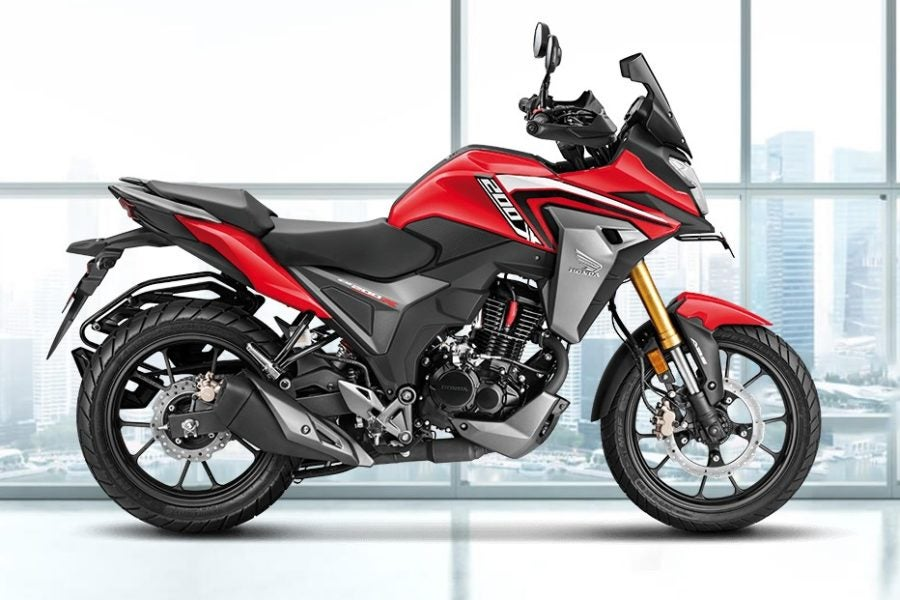E-Bikes Revolution: How Electric Bicycles Are Changing Urban Commutes

Urban transportation is undergoing a significant transformation, and one of the driving forces behind this change is the rise of electric bicycles, or e-bikes. As cities become more congested, people are turning to alternative modes of transport that are both eco-friendly and efficient. E-bikes offer a perfect solution for urban dwellers looking to reduce their carbon footprint, save time, and enjoy a more flexible commuting experience. In this article, we will explore how e-bikes are revolutionizing urban commutes, the benefits they bring, and what the future holds for this growing trend.

The Growth of E-Bikes in Urban Areas
In recent years, e-bikes have surged in popularity across cities worldwide. According to market studies, the global e-bike market is expected to grow at a compound annual growth rate (CAGR) of over 7% between 2023 and 2028. This growth is driven by several factors, including advancements in battery technology, a push for greener cities, and changing attitudes toward personal mobility.
Cities like New York, Amsterdam, and Berlin are seeing an increasing number of commuters swapping their cars and public transport for e-bikes. With designated bike lanes becoming more common and local governments offering incentives for e-bike purchases, urban cycling has never been more accessible.
Benefits of E-Bikes for Urban Commutes
- Eco-Friendly Transportation
E-bikes provide a green alternative to cars and public transport, significantly reducing carbon emissions. Powered by rechargeable batteries, they allow riders to cover long distances without burning fossil fuels. This makes them an ideal choice for environmentally conscious commuters who want to reduce their carbon footprint.
- Cost Efficiency
Owning and maintaining a car in a busy city can be expensive, with costs including fuel, insurance, parking, and repairs. E-bikes, on the other hand, offer a cost-effective solution. The initial investment in an e-bike is significantly lower than purchasing a car, and maintenance costs are minimal. Additionally, e-bikes are often exempt from taxes and registration fees, further reducing the overall cost.
- Improved Health and Fitness
Although e-bikes are equipped with electric motors, they still require pedaling, which provides a form of low-impact exercise. This makes them an excellent option for individuals who want to integrate fitness into their daily routine without the intensity of traditional cycling. Riders can adjust the level of electric assistance, making it easier to navigate hills and longer distances, while still enjoying the health benefits of physical activity.
- Time-Saving in Traffic
One of the biggest advantages of e-bikes is their ability to help riders avoid traffic jams. In many cities, traffic congestion is a daily frustration for commuters. E-bikes allow riders to bypass gridlock and take advantage of bike lanes, reducing commute times significantly. For short to medium distances, e-bikes often prove to be faster than cars, especially during peak hours.
- Accessibility for a Wider Audience
E-bikes cater to a broad audience, including people who may not have the physical stamina for traditional cycling. The electric assistance makes it possible for older adults, individuals with mobility challenges, and those new to cycling to comfortably use an e-bike. This inclusivity is one of the reasons e-bikes are gaining traction in cities where active transportation options are encouraged.
The Role of E-Bikes in Sustainable Urban Planning
As cities look to address issues like pollution, traffic congestion, and public health, e-bikes are playing an essential role in sustainable urban planning. Local governments are starting to view e-bikes as a key component of smart city initiatives. By encouraging the use of e-bikes, cities can reduce reliance on cars, lower greenhouse gas emissions, and promote healthier lifestyles.
Several cities have also begun implementing e-bike sharing programs, allowing residents and tourists to rent electric bicycles for short commutes. These programs, coupled with the expansion of dedicated bike lanes and charging infrastructure, are making e-bikes more accessible and convenient for urban commuters.
Challenges and Future of E-Bikes
Despite their growing popularity, e-bikes face some challenges. For one, safety concerns remain, particularly in cities where infrastructure for cyclists is lacking. Inadequate bike lanes, limited awareness among motorists, and theft are some of the issues that e-bike riders face. However, many cities are investing in better cycling infrastructure and introducing regulations to improve rider safety.
Looking ahead, the future of e-bikes appears bright. With continuous advancements in battery technology, e-bikes are expected to become lighter, more affordable, and capable of longer ranges. Additionally, as more cities adopt sustainable transportation goals, we can expect further incentives and support for e-bike usage, solidifying their role as a major player in urban mobility.
Conclusion
E-bikes are revolutionizing the way people commute in urban areas by offering a sustainable, efficient, and healthy alternative to traditional modes of transportation. As cities continue to grow and grapple with traffic congestion and environmental concerns, the role of e-bikes in shaping the future of urban mobility will only increase. Whether you’re looking to save time, improve your fitness, or reduce your environmental impact, e-bikes offer a versatile solution for modern city living.



